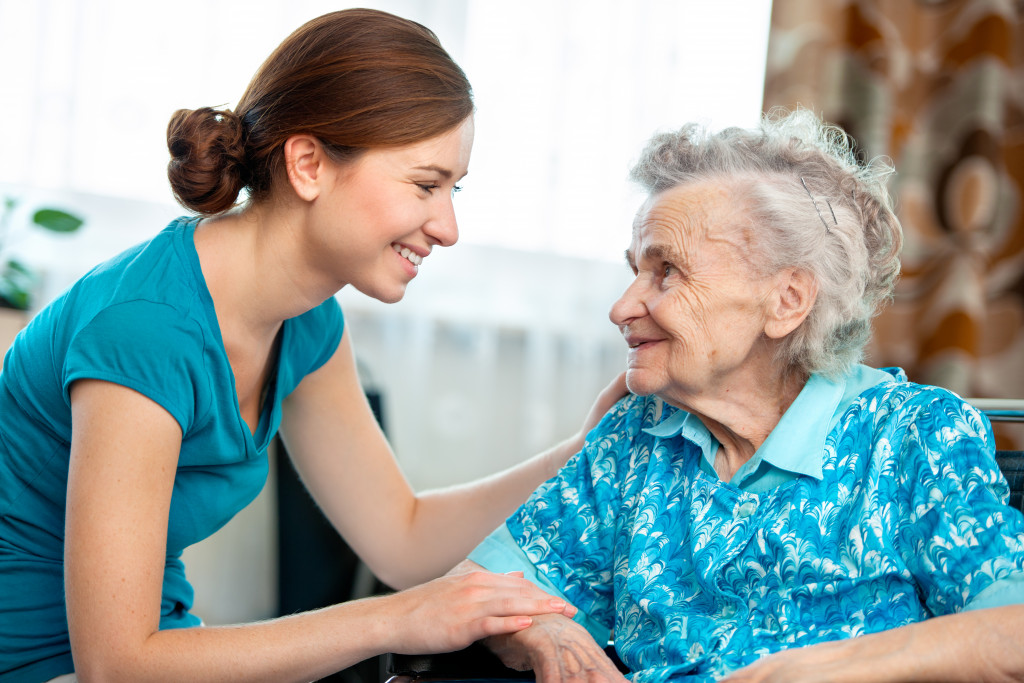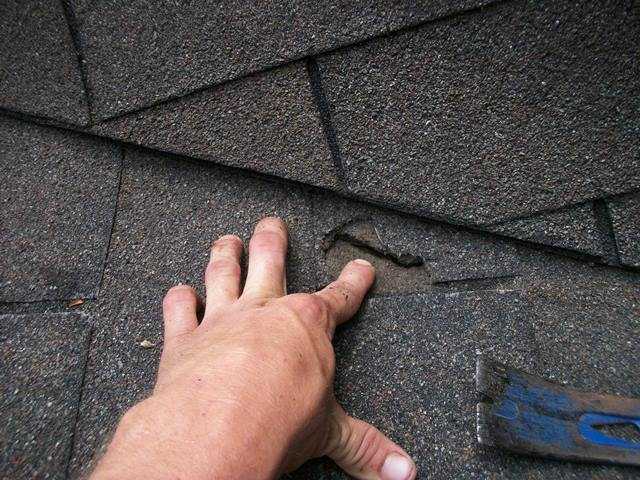According to a National Institute on Aging report, approximately 90% of seniors wish to age in place or live in their homes for as long as possible. For many families, this option is desirable and more affordable than alternative living arrangements, such as assisted living facilities. However, when an elderly loved one lives alone, it’s essential to take steps to ensure their safety. In this blog post, we’ll share some tips on how to do just that.
1. Check in frequently.
Whether you live nearby or across the country, checking in with your elderly loved one regularly is essential. If possible, schedule a weekly phone call or video chat. If you live nearby, plan to drop by periodically or have them come over for dinner at least once a week. This will help you keep tabs on their overall health and well-being and allow you to check the condition of their home.
If you can only check in every few weeks or months, set up a way for your loved one to easily contact you if they need assistance. This could be as simple as giving them your phone number and telling them to call anytime, day or night. You could also install a medical alert system in their home.
2. Keep their home well-maintained.
As people age, keeping up with home maintenance tasks, such as yard work, changing air filters, and fixing leaks, becomes more challenging. If your loved one can no longer handle these tasks on their own, consider hiring a professional service or enlisting the help of other family members or friends. Not only will this help keep your loved one safe, but it will also give you peace of mind knowing that their home is in good condition.
Many seniors also benefit from having someone to help with grocery shopping and cooking. If your loved one is struggling to prepare meals, consider hiring a part-time home health aide or signing them up for a meal delivery service. They’ll appreciate the help, and you’ll have one less thing to worry about.
3. Install safety features.
There are several safety features that can be installed in an elderly person’s home to help prevent falls and other accidents. For example, adding handrails in the shower or bathtub and installing grab bars near the toilet can make it easier for your loved one to get around without fear of falling. Other safety features that may be beneficial include smoke detectors with loud alarms and automatic lights that turn on when someone enters a room.
Additionally, older people living by themselves are at an increased risk of being victims of crime. To help reduce this risk, consider installing a security system in their home. You can also help your loved ones stay informed about crime in their area by subscribing to a local police department’s newsletter or setting up a Google alert for their neighborhood. Some people also hire residential security guards to patrol their loved one’s neighborhoods.

4. Simplify their daily routine.
One way to help an elderly person stay safe when living alone is to simplify their daily routine as much as possible. This may include pre-preparing meals so they don’t have to cook every day, or providing them with transportation so they don’t have to drive themselves places. You may also want to consider having their medications delivered directly to their home so that they don’t have to go out and pick them up from the pharmacy every month.
Some people also find it helpful to create a daily checklist for their elderly loved ones. This could include taking medication, eating breakfast, and walking. Having a list of tasks to complete daily can help your loved one stay on track and avoid forgetting important things.
5. Get them involved in social activities.
Elderly people need to stay socially active, even when living alone. There are several ways to help your loved one interact with other people regularly. For example, you could encourage them to join a social club or sign up for an exercise class. If they’re not able to get out of the house often, you could arrange for someone to come over and visit with them regularly. Additionally, there are many ways to stay connected with loved ones through technology, such as video chat and social media.
Making sure an elderly loved one is safe when living alone can be a challenge, but it’s essential to do what you can to ensure their well-being and peace of mind. Following the tips outlined above can help ensure your loved one stays safe while living independently at home. With a little planning and effort, you can assure yourself and your loved one that they’re in good hands.




